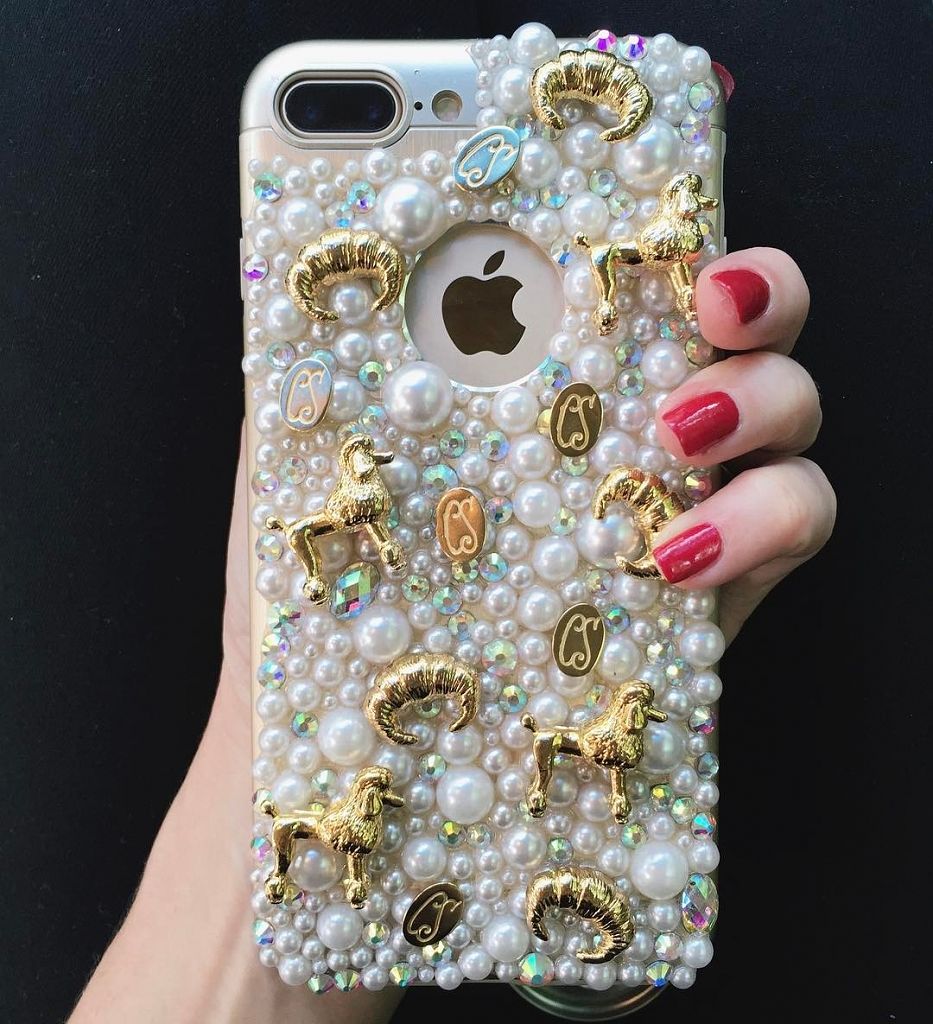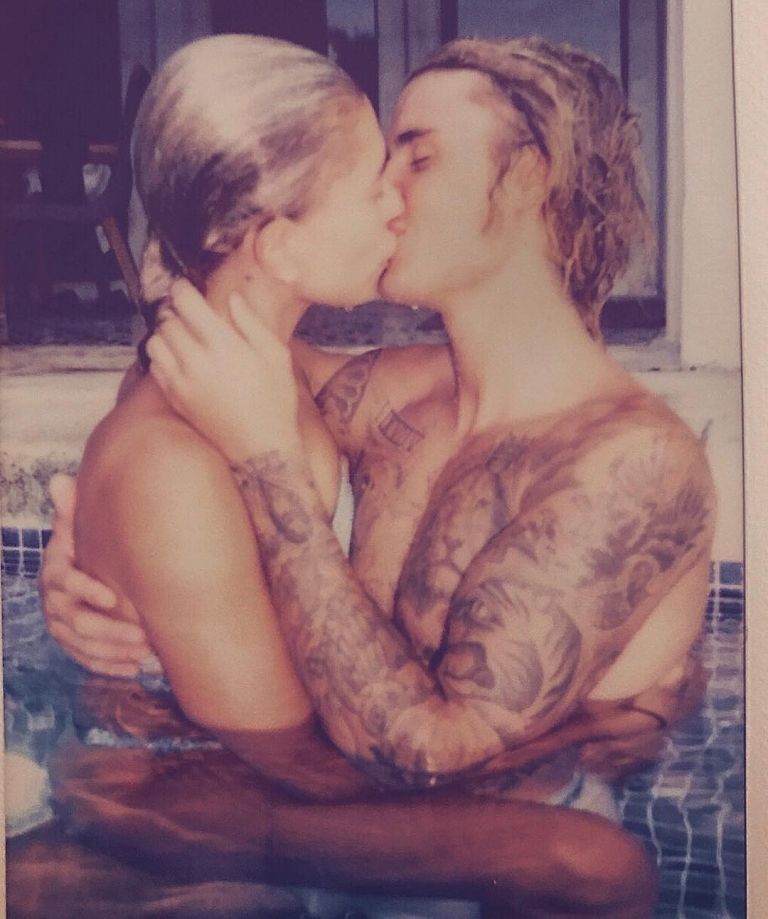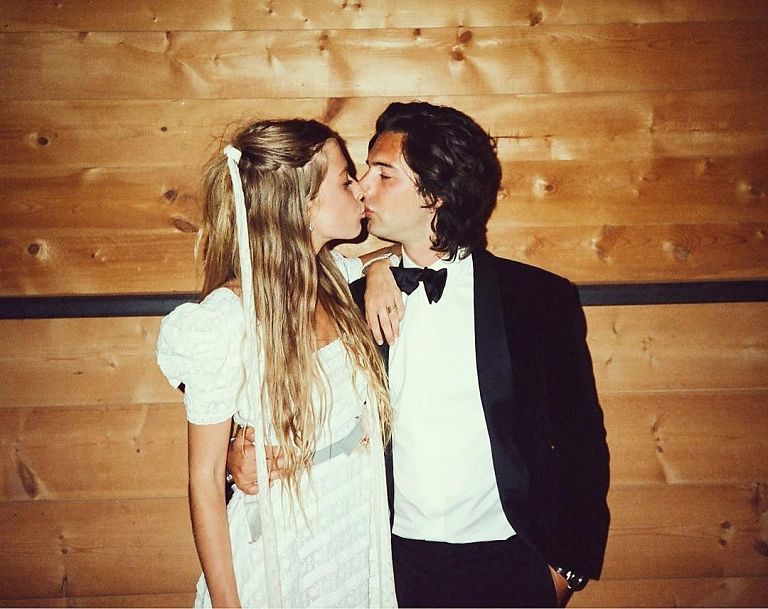
In the age of social media, it has become harder than ever to navigate the muddy waters of personal issues on a public platform—and breakups are no exception. While you can discard the physical reminders of your old relationship in the comfort of your home, the most difficult remnants are often those on social media, which can live on long after the break-up. Do you delete your couple photos? Do you block your ex? Do you have to unfollow their mom? In order to help you move onwards and upwards, we spoke with three experts on social media breakup etiquette and how to handle it like a pro.
1. There’s no one-size-fits-all approach.
“With anything in life, there is no singular answer that works for everyone. Least of which when it comes to relationships,” says relationship coach, Jordan Gray. So while some people will be best served by unfollowing and distancing, others will be better served by remaining connected. When it comes to figuring out your next step, remember to assess what feels best rather than what you think is expected of you.
2. Take some time.
Depending on the severity of your relationship and breakup, you may want to give yourself a break from posting on or checking social media. “At no other time in history have we had so much access to what our former significant others are up to, and it can be tempting to take a peek,” says Gray. “I would say that taking a social media break from being able to see your ex (across all platforms) is generally a self-honoring move at least for the short term. You need to let the wound heal, and it’s difficult to do so when you’re pouring salt in it ten times a day by hitting refresh on your ex’s page,” he continues. Instead, try immersing yourself in the real world and creating new memories for yourself with family and friends.
As for the amount of time you should take for your social media cleanse? “A good week or two is a great start but taking even more time out can be hugely beneficial too,” says breakup coach, Laura Yates. “It’s tricky to avoid social media completely and when used in the right way, it can be amazing and offer you inspiration and new perspectives. The key is just to be conscious of what you’re looking at and what you choose to fill your feeds with.”
If you don’t want to delete your Instagram account but know self-control will be difficult, consider temporarily removing the app from your phone. That way, your account remains intact, you aren’t tempted to check, and you can take a little break on your own terms.
And for those who don’t want to take a social media break or deal with the decision of whether to unfollow, consider pressing the “Mute” button on your ex’s Instagram account. This new feature, rolled out by Instagram in May, prevents an individual’s posts from showing up on your account without requiring you to unfollow. The button can be applied to both the posts in their feed as well as their Stories, so you can decide how much (or how little) they appear. To do this, simply go to the user’s account, hit the three dots on the upper right hand corner and tap “Mute.” You can “Unmute” at any time but for now, allow yourself take that much-needed respite. (Pro tip: This can also be applied to any of the people in your ex’s circle as well like his family and friends.)
3. Don’t be impulsive.
Instead of harping on the question of unfollowing, blocking, or erasing to make a statement, first focus on yourself and don’t do anything in haste. Allow yourself the time to process before adding the pressure of any decision-making. “Give it 48 hours and if you still feel the same, then go ahead and delete (as opposed to deleting in a reactive, emotional moment!)” recommends Yates. When you’ve given yourself some time and want to address the questions of whether to unfollow, block, or delete, think about the outcome you want. “These questions can only be answered by going inwards. Will you be better served by wiping the slate clean, or by honoring the partners who have come before you and made you into who you are?” says Gray. Ultimately, you want to put yourself in a position of autonomy and power, not a state of regret. Think about what will end up helping you in the long run, and don’t pressure yourself to act quickly.
4. Take the high road.
“Treat others on social media how you want to be treated,” says Lindsey Metselaar, creator of the podcast We Met at Acme which deals with millennial dating in New York City. And we couldn’t agree more. This is especially true when it comes to posting photos of your new relationship. “Even if you end up finding someone new rather quickly, it’s a considerate move to not immediately go and post photos of you and your new partner online. Especially if you’re the one who ended things with your ex, leave a grace period of at least a few months before you start plastering the internet with photos of your new romance,” says Gray. Whatever you do, don’t feel the need to post on social media in order to prove a point. “Keep it authentic and focus more on enjoying the moment rather than feeling the need to put it on social media,” says Yates.
And while we don’t necessarily condone throwing shade, if you absolutely must—do it with taste. Just take Cazzie David, for example. After the news broke that Ariana Grande and Pete Davidson were engaged just weeks after Pete and Cazzie broke things off, she handled it expertly with the ultimate laissez faire attitude.
5. Check in with your intentions.
“You don’t need to be the first one to post, it’s not a competition,” says Metselaar. “And if you don’t usually story, don’t start just because you’re newly single. Avoid moves that seem desperate or transparent.” Check in with what your intention is with a post and avoid making it into a competition. “If you are posting pictures of you and your new partner from a place of ‘targeting’ your ex, then you will only be hurting people (yourself, your ex, your new relationship). If you’re posting photos of you with a partner, it should exclusively be from a place of love and celebration, nothing else,” says Gray. Ultimately, if you’ve allowed for a healthy grace period and are acting with integrity, you’ll end up doing right by yourself and feel better about it as a result.












